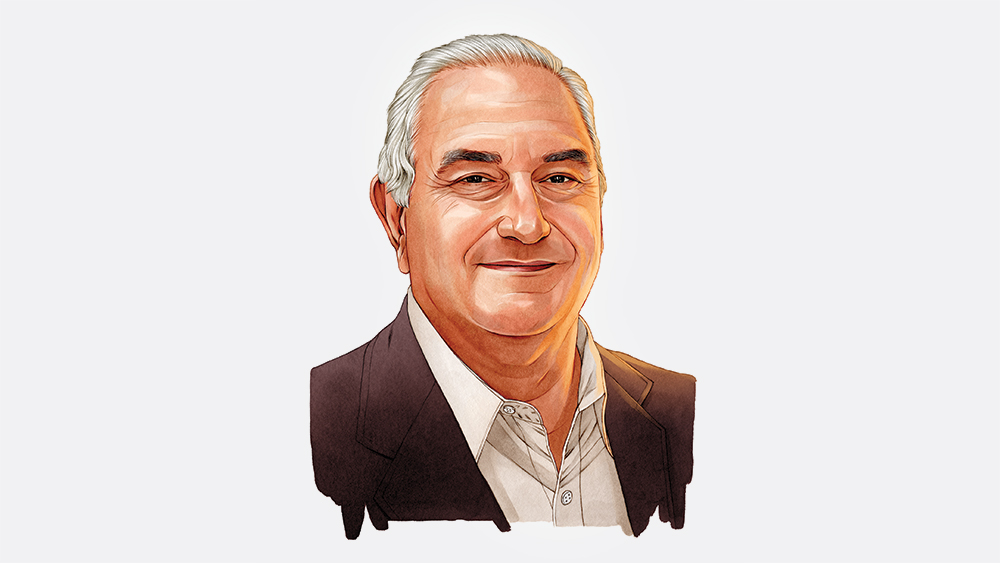Veteran TV Producer Chuck Fries on How He Got Into Show Business
By Tara Bitran
LOS ANGELES (Variety.com) – Known as the “Godfather of the TV Movie,” producer Chuck Fries cut his teeth in Hollywood at Ziv Television from 1952-60. The Cincinnati native would go on to produce more than 275 hours of TV movies and miniseries, including “Small Sacrifices,” with Farrah Fawcett and Ryan O’Neal, and “The Neon Empire,” starring Ray Sharkey, Martin Landau and Gary Busey. As production VP, first at Screen Gems, then at Columbia, he was involved with such hits as “I Dream of Jeannie,” “Bewitched” and Jack Nicholson’s “Five Easy Pieces.” He then moved to Metromedia and, ultimately, his own banner, producing films like “Cat People” and “Troop Beverly Hills,” the latter based on his wife Ava’s experiences. Fries, whose career spans six decades, was first mentioned in Variety on April 30, 1958, when Murray Seldeen joined Ziv as Fries’ assistant. But Fries was quick to say, “You know, it’s very funny. I swear to God, I can’t remember Murray Seldeen.”
What was your goal when you entered the industry? Did you always want to be a producer?
It was a surprise to me that I ever came to California in the first place. My uncle was the treasurer of Ziv in Cincinnati, and at a Thanksgiving party in 1951, he said to me: “How would you like to go to California and work for me?” I can’t tell you that I was sitting there thinking: “Oh, I want to be a producer.” But once I got to town and I figured out what producers did and how much money they made over what I was making, I wanted to be a producer.
Did you have any mentors?
I had many, many mentors. Everybody on that lot was anxious to talk to me and tell me about their job. I would talk to Martin Cohn. He was Quinn Martin’s father. He was a film editor. Ace Clark too. I’d go over there instead of eating lunch, and I’d sit in the cutting room with them and learn the business. I went up on the stage, and the gaffer, the head grip, the special-effects man, the construction guy — they all were very, very welcoming and very anxious to give me information about how pictures were constructed, produced and physically put together. That was a very solid basis for my moving forward.
Your first project at Ziv was “The Cisco Kid.” What was it like working on that?
Well, they had started the “Cisco Kid” production around 1949 or 1950. When I got there, they were in their second or third year. And “Boston Blackie” was the next series that went into production, starring Kent Taylor. So, I spent a lot of time — as much time as I could — out of the office and on the set and on the stage. I was going to school. I was learning the business. I never went to film school. Growing up at Ziv was really a college graduate education.
What types of stories were you looking for when you were producing projects for Ziv?
Well, I never actually produced for Ziv. I was always an executive. It was a very male-oriented business. All the producers were men. All the directors were men. All the series stars were men. There were only a couple of women that were in subsidiary roles in those shows. It was a time of action and a lot of Westerns. Westerns were the safest thing, like “NCIS” and [procedurals] today. They were the action series of their time. But if I look forward, to Screen Gems, we get series like “The Donna Reed Show,” “The Farmer’s Daughter” and “Bewitched.” Those were all strong female leads. Things were changing. It’s taken a long time. They’re still working on this.
What was the best advice you ever received?
[Laughs] I think it was when I was told, “Keep your mouth shut.” Because I like to talk. A lot.

